Explore the focus on community archives: Discover Brasil's strategy to preserve historical memory while addressing inequalities
A cooperation agreement between the National Archives of Brasil and the United Nations Development Programme (UNDP) will enhance the country's archival policy and support the efforts of community archives serving socioeconomically vulnerable groups. This policy aims to guarantee access to memory rights and the tools necessary for documenting the diverse experiences of black, indigenous, rural, favela-dwelling, and LGBTQIAP+ communities.
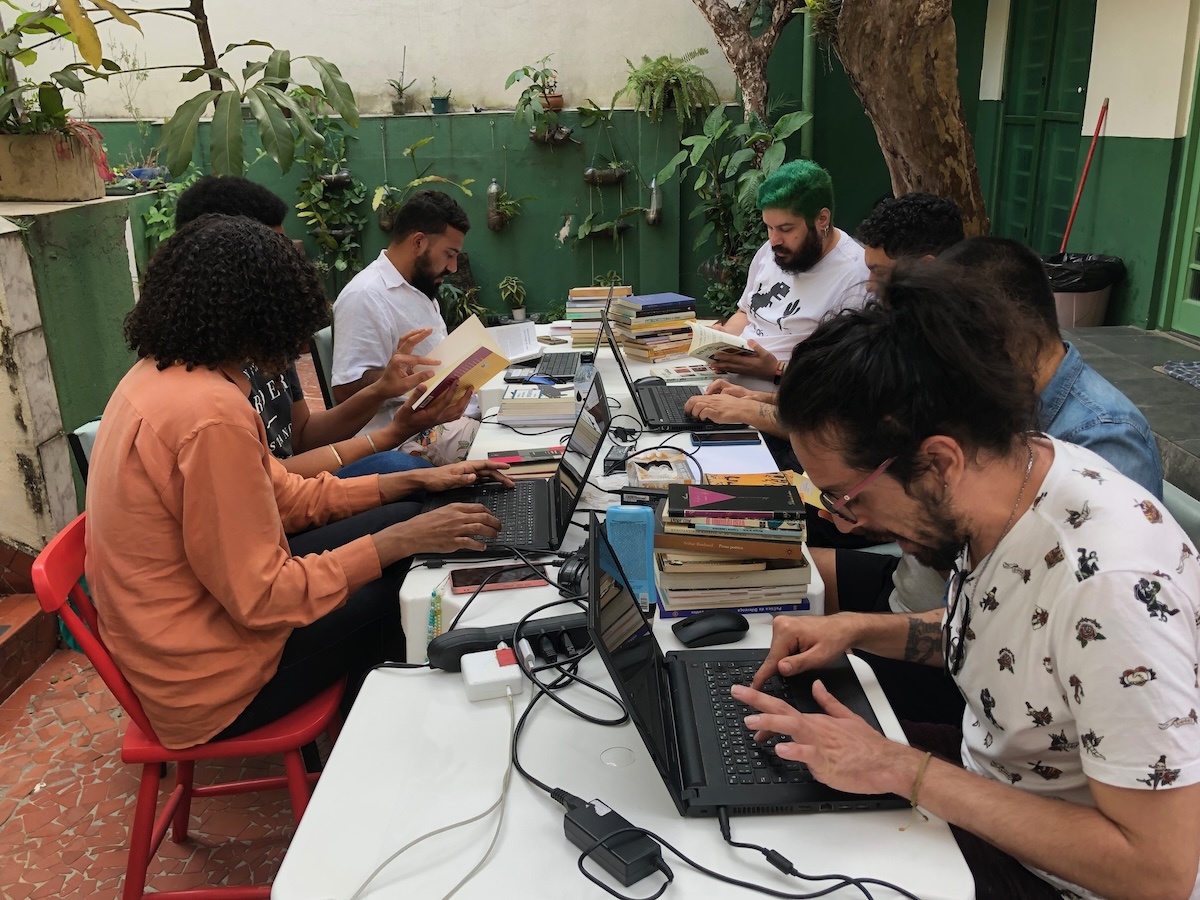
“Community archives have been breaking through the structure of exclusion by curating and disseminating collections that reflect the experiences of individuals and groups who often face underrepresentation in various aspects of citizenship”, explains Ana Flávia Magalhães Pinto, the Director of the National Archives of Brasil. Director Magalhães Pinto celebrates Brasil’s pioneering efforts in seeking international cooperation to enhance archival policies aiming to ensure that black, indigenous, rural, favela-dwelling, and LGBTQIAP+ communities have equitable access to memory rights and tools for documenting their individual and collective experiences within society.
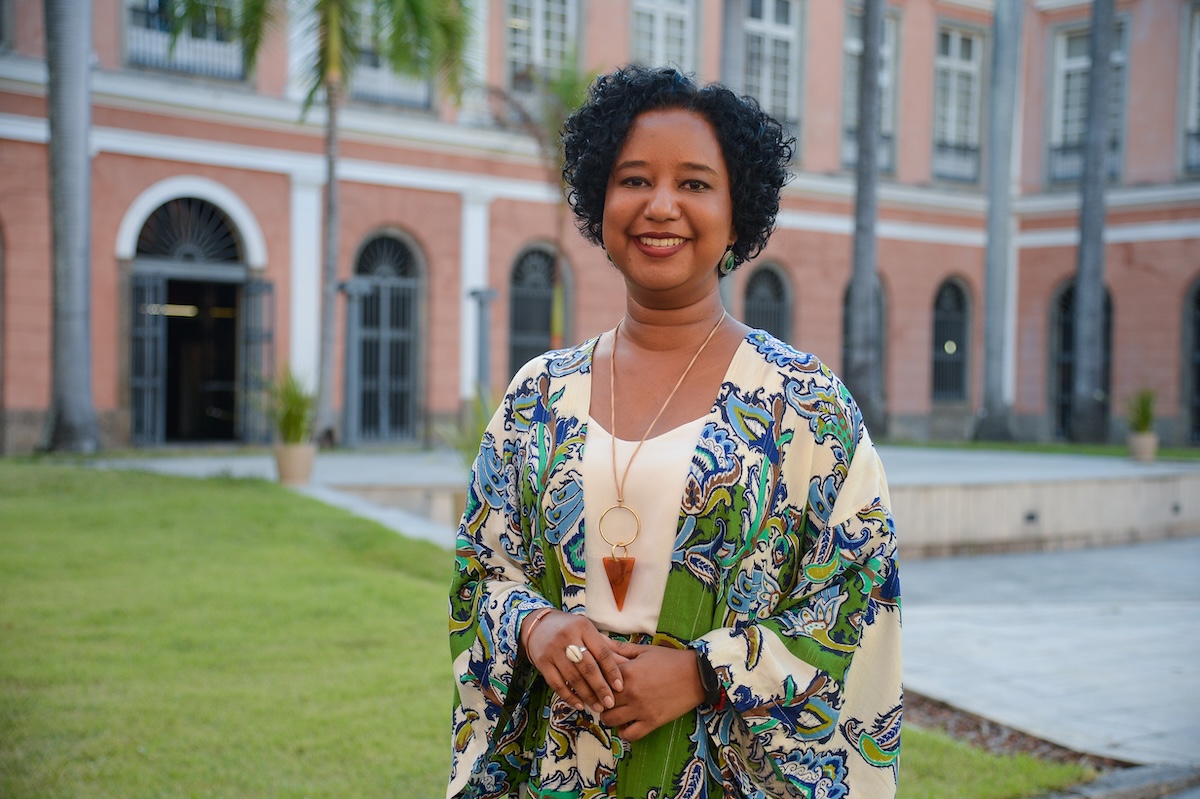
Ana Flávia suggests that addressing inequalities hinges on meaningful participation from those affected by injustices in crafting solutions to the challenges encountered in democratic societies. She highlights that a segment of the Brazilian population struggles to assert their rights as individuals due to exclusion from the memory framework. "Ensuring the right to memory for marginalized groups such as Black, Indigenous, economically disadvantaged people, women, and LGBTQIAP+ individuals, provides insight into how the perpetuation of privileges relies on the exploitation and marginalization of the majority population. It also paves the way for finding solutions to address these issues," she emphasized.
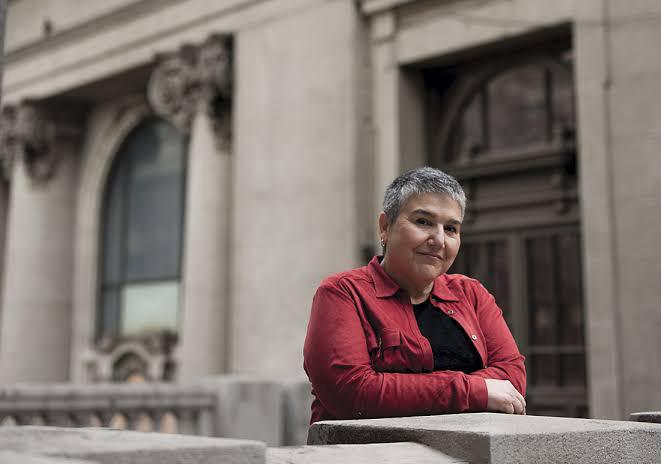
The president of the Asociación Latinoamericana de Archivos (ALA), Emma de Ramón Acevedo, highlighted that community archives are prevalent throughout Latin America, citing examples such as the Archivo de la Memoria Trans, in Argentina; Londres 38, in Chile; Sopocachi and El Archivo Comunitario de El Alto, in Bolívia. She noted that this phenomenon is not unique to Latin America but is found in many countries globally.
“The emphasis on strengthening community archives is of great importance as it directly impacts the population, urban areas, communities, and territories engaged in archival activities, fostering active involvement in the establishment of their respective archives. This process not only cultivates collective memory but also facilitates self-recollection for various social entities such as groups of individuals, communities, and organizations”, Emma emphasizes.
Now is the time for community archives
Asfilófio de Oliveira Filho, also known as Dom Filó, is a renowned activist within the Brazilian Black Movement and a trailblazer in chronicling the history of this demographic in Brasil, which accounts for 56% of the population according to official statistics. He spearheads Cultne, the largest online repository of Afro culture in Latin America, advocating for the reinforcement of initiatives aimed at preserving the memories of Black individuals. He argues that bolstering such efforts is crucial for expanding policies promoting affirmative action and fostering equal opportunities within society. "We must pursue historical reparations that transcend mere financial restitution and encompass structural reforms," he stressed.
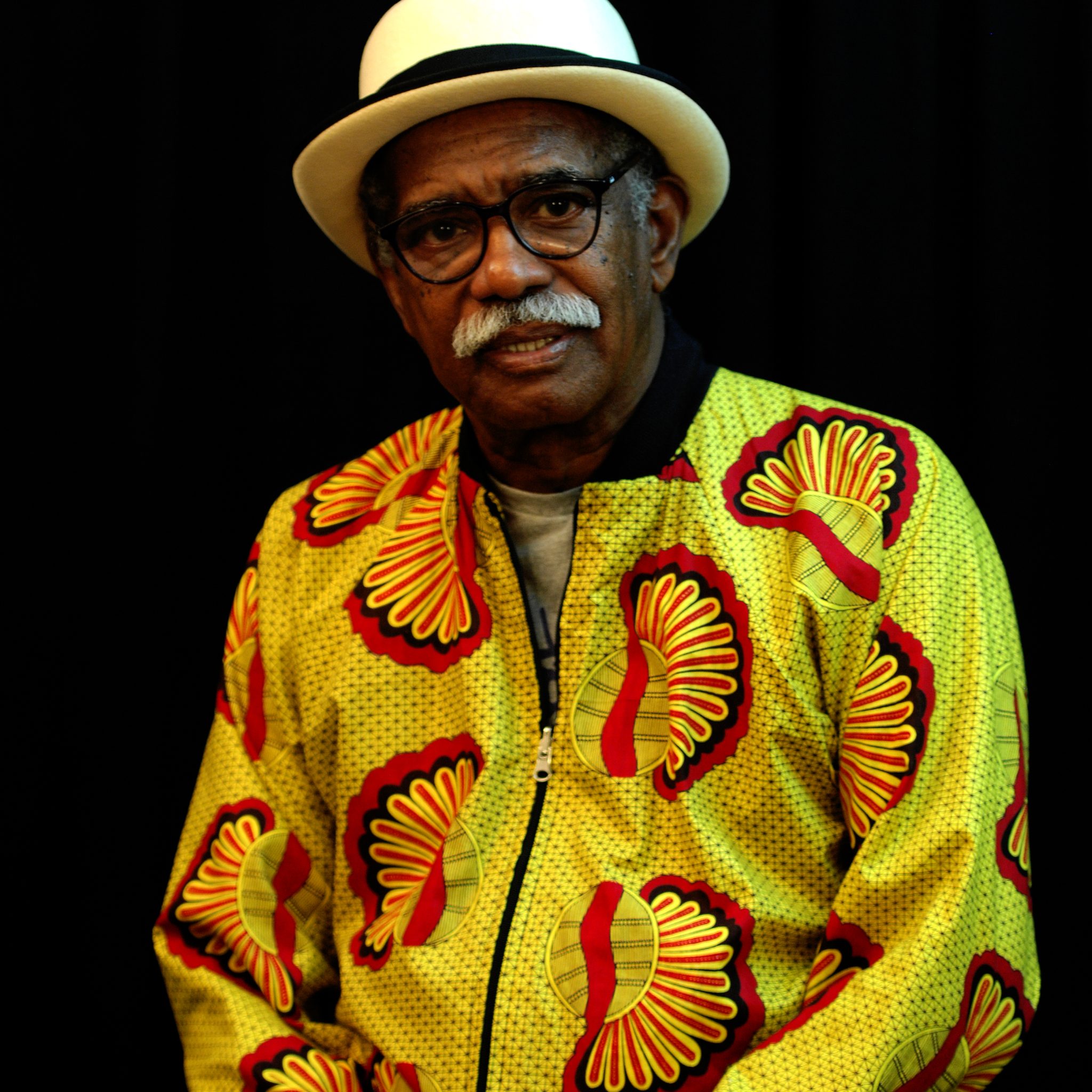
The Museu da Maré (Museum of Maré) in Rio de Janeiro not only focuses on documenting, preserving, and sharing the history of residents from the favelas within the Maré Complex but also actively champions citizenship initiatives to address inequalities and violations of rights. Tamires de Oliveira, a researcher at the Fundação Oswaldo Cruz (Fiocruz) (Oswaldo Cruz Foundation) and a collaborator of the Museum, underscores the importance of community-driven efforts to preserve the memories of individuals who have a legacy of struggle and resilience. She emphasizes that these initiatives are crucial "for overcoming long-standing stigmas that effectively impede the exercise of citizenship in these areas, and for directly contributing to a more diverse and democratic national heritage”.
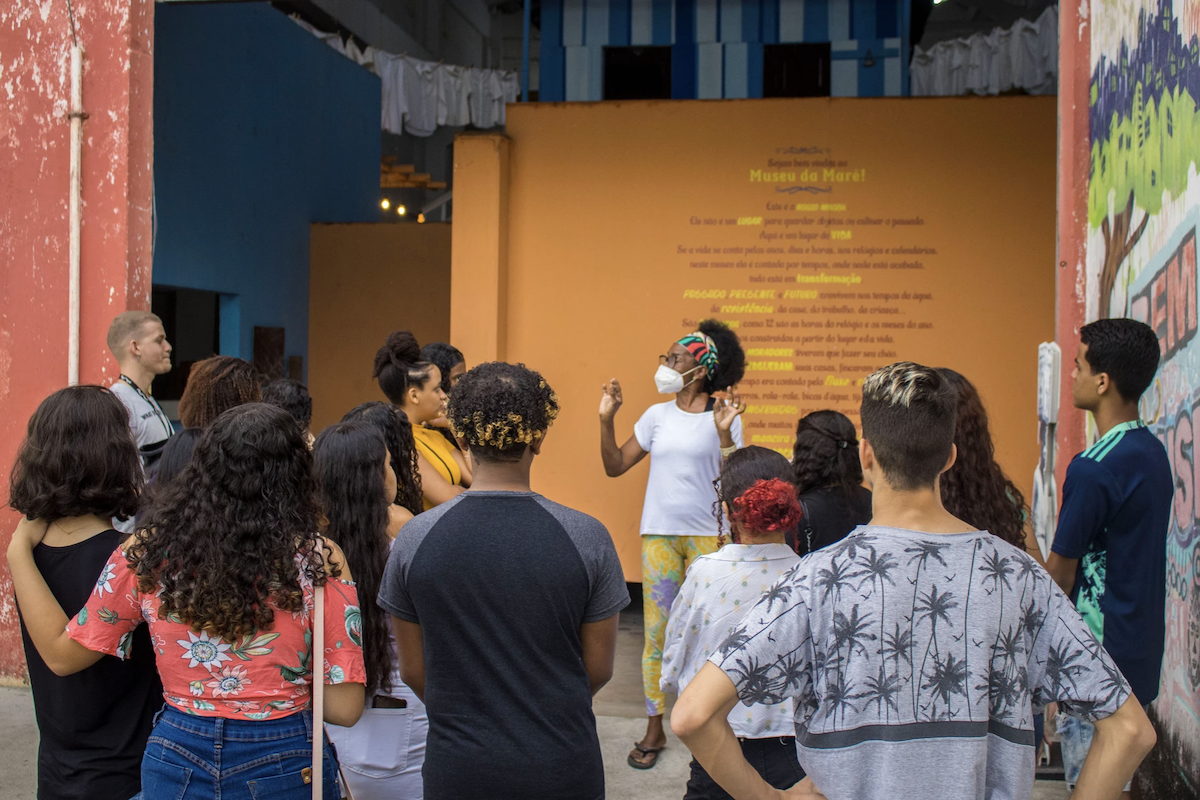
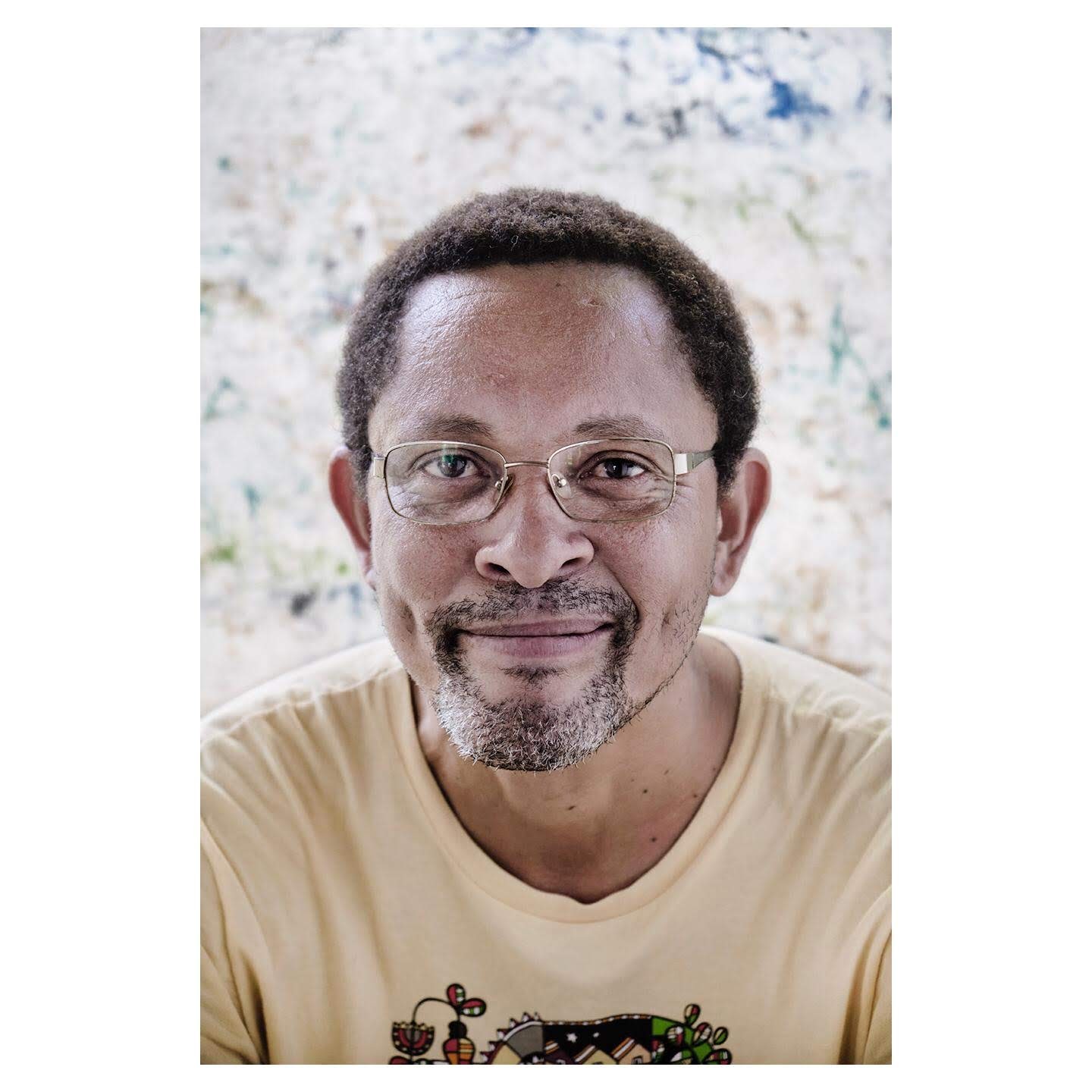
"The memory of Brasil's peripheries is an integral part of the nation's history," emphasized José Eduardo Ferreira Santos of the Acervo da Laje (Laje Collection) in Salvador, the capital of the state of Bahia. This documentation center is dedicated to preserving the memory of over 20 neighborhoods situated in the Subúrbio Ferroviário of the city, presenting alternative narratives about these peripheral areas. "We often venture into spaces where the State's presence is limited, delving into the daily lives of these communities. This endeavor also contributes to shaping empowered future generations, as they gain access to initiatives promoting memory preservation and activating the symbolic and cultural assets within their communities," Santos explained.
Established in the early 2010s, the Acervo Bajubá (Bajubá Collection) is a community-driven project committed to documenting the memories of Brazilian LGBTQIAP+ communities. Marcos Tolentino, an educator and researcher, and Natan, an artist, researcher, and educator, underscore that beyond its role in memory preservation, the Collection also serves as a platform to combat discrimination, prejudice, and stigma that continue to hinder the subjective development of individuals.
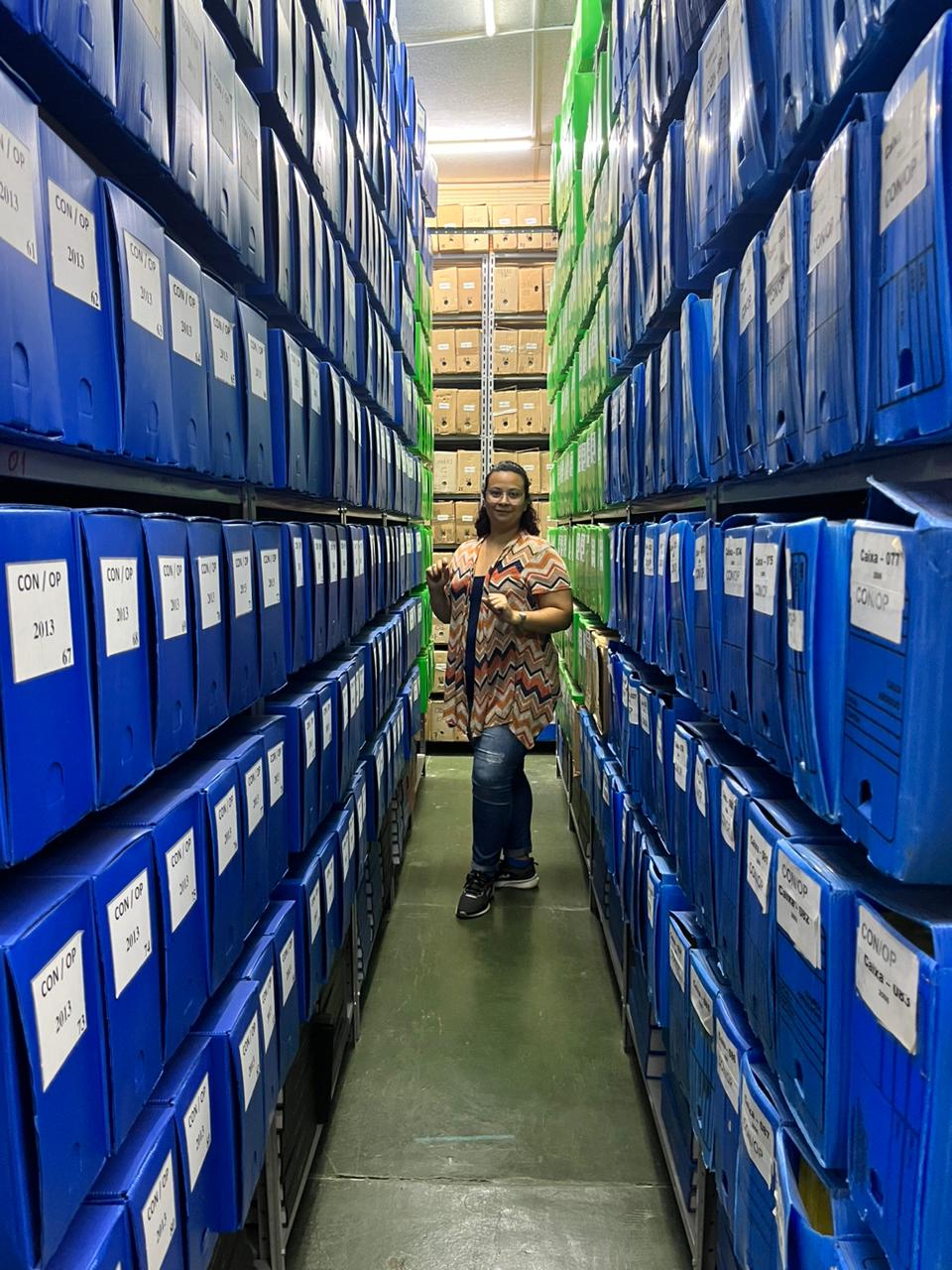
"Community collections such as Bajubá provide valuable training opportunities and potential employment for individuals who encounter barriers to entering the formal job market due to various reasons. By supporting these initiatives, we not only ensure the sustainability of community collections but also acknowledge the professional contributions made within these spheres," they elaborated.
The Movimento dos Trabalhadores Rurais Sem Terra - MST (Landless Rural Workers Movement) operates a grassroots archive aimed at preserving records related to the formation, identity, mobilization, and political action of its members. Since 2014, a dedicated team has been tasked with safeguarding the movement's documents, which are currently not accessible to the public.
"The MST archive plays a vital role in fostering identity, education, empowerment, and facilitating engagement with data and information. It is imperative for the Brazilian government to endorse the establishment and preservation of community archives, and to grant them official recognition in the eyes of public authorities. This recognition ensures the preservation and dissemination of these collections, which are instrumental in providing alternative perspectives on the country's history," elucidates Lucimeire Barreto Rocha, historian and activist of the Movement.
Cooperation and combating inequality
The National Archives of Brasil, an institution under the Ministério da Gestão e Inovação em Serviços Públicos - MGI (Ministry of Management and Innovation in Public Services), has forged a collaboration with the United Nations Development Programme - UNDP to bolster the National Archives Policy and the National Archives Council (Conarq). This partnership seeks to advance access to knowledge and information, particularly among socially vulnerable groups marginalized from memory preservation efforts. It aims to achieve this by strengthening social engagement in state-level decisions concerning archival policies and by supporting the development of community archives.
The Brazilian presidency of the G20 has devised a strategy to foster collaboration among nations and multilateral financial institutions and organizations. This strategy aims to address key priorities including combating inequality, hunger, and poverty, promoting a fair transition, and reforming global governance. Within this framework, the Culture Working Group places emphasis on prioritizing discussions pertaining to actions aimed at safeguarding and preserving the cultural heritage of member countries within the forum.